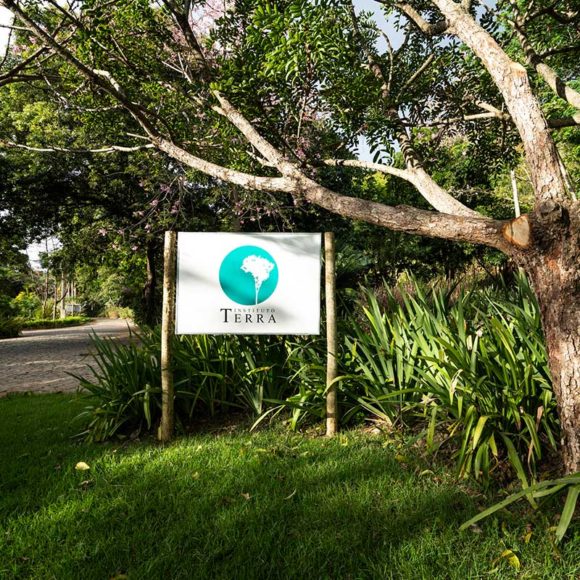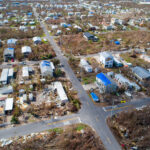Zurich Insurance Group said it will sponsor a reforestation project in Brazil to convert barren farmland back into native forest that is rich in plant and animal life.
The eight-year project will help to restore Brazil’s Atlantic Forest, the “other” Brazilian rainforest, by planting one million carefully-selected native trees in collaboration with non-profit Instituto Terra.
This is part of the commitment made last year when Zurich became the first insurer to sign the UN Business Ambition for 1.5°C Pledge. Healthy forests based on native species help to avoid “green deserts” or monoculture plantations that cannot support functional ecosystems, according to scientists.
The insurer said the measure reflects its recognition of the “importance of healthy ecosystems in the fight against climate change, as international bodies sound the alarm about the devastating effects of biodiversity loss.”
Zurich said a tree will be planted for each of Zurich’s 55,000 employees, with the remainder available to customers through offers to plant trees when they purchase insurance policies.
“Tree planting can be a powerful tool for curbing climate change and preserving the variety of animals, plants and ecosystems we have on our planet,” said Alison Martin, Zurich’s CEO Europe, Middle East & Africa and Bank Distribution. “It’s not always about how many trees you plant, but about their quality and ability to support other forms of life. With this project, we are contributing to an aspect of climate change mitigation that is often overlooked: biodiversity.”
Martin said successful reforestation requires planning, management and engagement and that her company hopes to inspire colleagues, customers and local communities to recognize the importance of biodiversity.
Diversity within and between species and ecosystems is key to addressing climate change, long-term food security, as well as preventing future pandemics, according to the 2020 United Nations’ (UN) Global Biodiversity Outlook 5.
None of the 20 objectives to preserve this diversity set out by the UN for the period 2010 to 2020 has been met, the same report said.
The trees will be planted over the next eight years to recreate a self-sustaining subtropical forest on land in Minas Gerais province that was cleared for cattle farming in the 20th century. Just 7% of Brazil’s original Atlantic Forest remains. Zurich’s contribution will put 80 to 120 different species of tree on 700 hectares of land (equivalent to about 850 soccer fields), gradually increasing the forest’s biodiversity and capturing carbon from the atmosphere.
The project was started in 1998 by Instituto Terra, a private, non-profit organization founded by photographer Sebastião Salgado, and his wife Lélia.
Zurich has been operating as a carbon neutral business since 2014.
Topics Climate Change
Was this article valuable?
Here are more articles you may enjoy.



 Why New York’s Attorney General Objects to Trump’s Bond Insurer
Why New York’s Attorney General Objects to Trump’s Bond Insurer  4,800 Claims Handled by Unlicensed Adjusters in Florida After Irma, Lawsuit Says
4,800 Claims Handled by Unlicensed Adjusters in Florida After Irma, Lawsuit Says  GM Ends OnStar Driver Safety Program After Privacy Complaints
GM Ends OnStar Driver Safety Program After Privacy Complaints  Chubb to Acquire MGA Healthy Paws From Aon
Chubb to Acquire MGA Healthy Paws From Aon 

